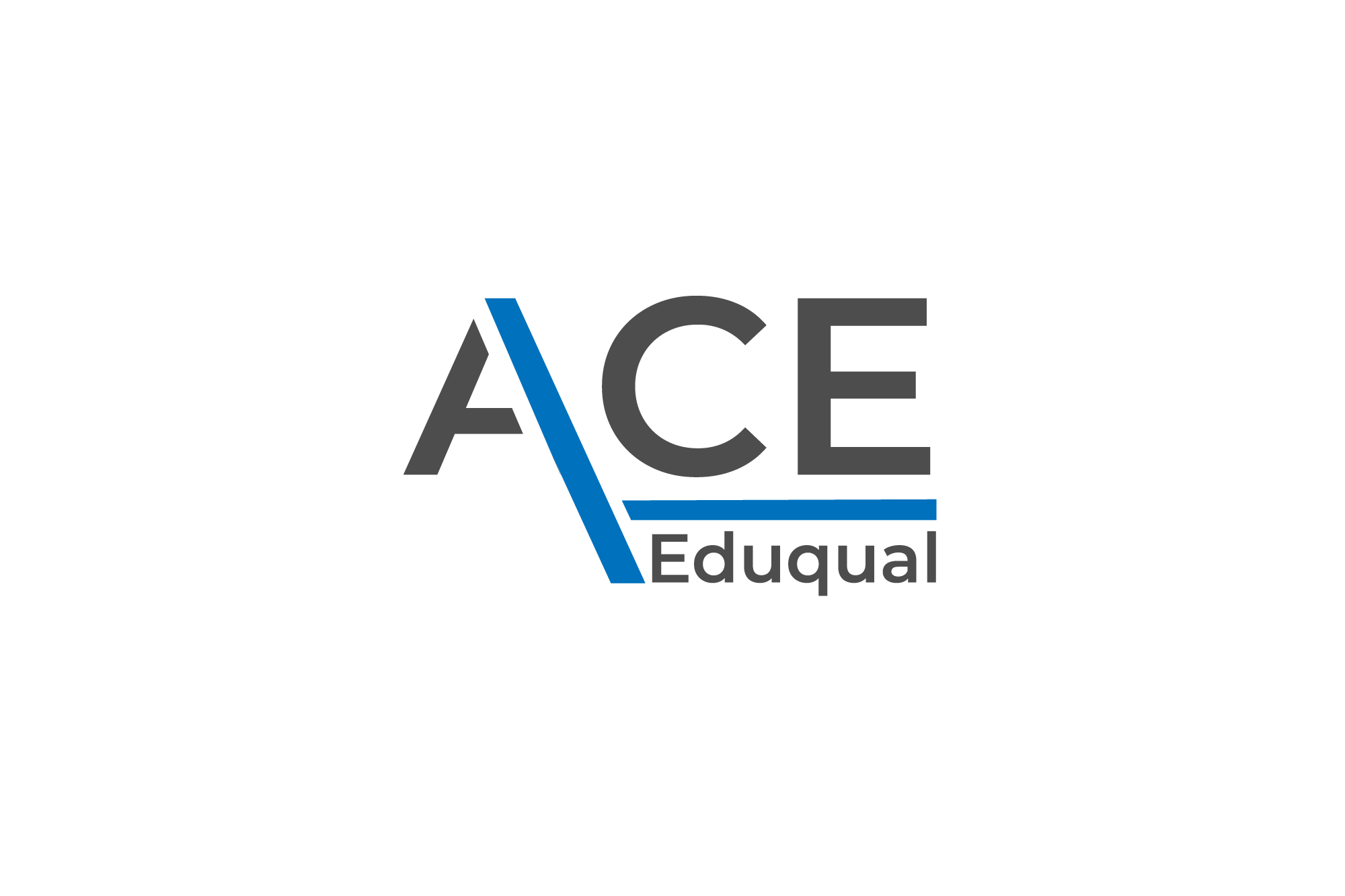Medical Technology

Medical technology, commonly known as MedTech, is a dynamic and swiftly progressing field that integrates state-of-the-art technology into healthcare to enhance the diagnosis, treatment, and management of medical conditions. This interdisciplinary realm encompasses a diverse array of innovative tools, devices, equipment, and software crafted to elevate patient care, streamline healthcare processes, and contribute to medical research. From diagnostic imaging and wearable devices to robotic surgery systems and health informatics, medical technology assumes a central role in transforming the delivery of healthcare. By amalgamating the proficiency of healthcare professionals with technological capabilities, MedTech continually propels progressions that beneficially influence the efficiency, precision, and outcomes of medical interventions, ultimately enhancing the overall quality of patient care.
- Comprehensive Understanding: Develop a thorough comprehension of the principles and applications of medical technology, covering a broad spectrum of tools, devices, and software utilized in healthcare.
- Diagnostic Proficiency: Acquire advanced skills in utilizing diagnostic technologies, including imaging modalities, laboratory equipment, and diagnostic software, for accurate and timely disease detection and assessment.
- Therapeutic Application: Gain expertise in the implementation of medical technology for therapeutic purposes, including the use of medical devices, equipment, and technology-assisted treatments to enhance patient care.
- Health Informatics Mastery: Explore the integration of health informatics, electronic health records, and data management systems, understanding their role in improving healthcare processes, patient outcomes, and research.
- Technological Innovation: Stay abreast of emerging technologies in the field, fostering a mindset for innovation and the ability to adapt to and implement new advancements in medical technology.
- Interdisciplinary Collaboration: Foster effective collaboration with healthcare professionals, engineers, and researchers to enhance interdisciplinary approaches in developing, implementing, and improving medical technologies.
- Patient-Centered Care: Emphasize the importance of patient-centered care in the application of medical technology, considering ethical, cultural, and individual factors in technology-assisted healthcare interventions.
- Quality Assurance: Develop skills in quality assurance and regulatory compliance related to medical technology, ensuring the safety, reliability, and effectiveness of healthcare technologies.
- Research and Development: Cultivate a research-oriented mindset, encouraging active participation in the development and evaluation of new medical technologies to contribute to the advancement of the field.
- Effective Communication: Enhance communication skills to effectively convey complex medical technology concepts to diverse audiences, including patients, healthcare professionals, and stakeholders.
- Adaptability to Change: Develop adaptability to changes in technology, healthcare policies, and industry standards, ensuring the ability to navigate evolving landscapes in the field of medical technology.
- Continuous Professional Development: Instill a commitment to lifelong learning and continuous professional development, fostering participation in workshops, conferences, and other educational activities to stay current in the dynamic field of medical technology.
Medical technology offers dynamic career opportunities in roles such as Clinical Laboratory Technologist, conducting diagnostic tests; Radiologic Technologist, operating imaging equipment; and Biomedical Engineer, designing medical devices. Health Informatics Specialists manage health data, while Medical Device Sales Representatives promote and sell cutting-edge technologies. Telehealth Specialists implement remote patient monitoring, and Clinical Applications Specialists provide technical support. Biotechnology Researchers contribute to scientific advancements, and Regulatory Affairs Specialists ensure compliance. Health IT Consultants advise on technology implementation, while Rehabilitation Technologists design assistive technologies. The field caters to diverse roles, from Clinical Data Analysts to Healthcare Robotics Specialists, providing impactful contributions to healthcare.
Course Details
Course Details

Level 4- Extended Diploma in Medical Technology
Course Overview:
The Level 4- Extended Diploma in Medical Technology offers a comprehensive and in-depth exploration of the intersection between healthcare and advanced technological applications. This program equips students with a solid foundation in diagnostic tools, biomedical engineering principles, and imaging technologies. The curriculum delves into crucial areas such as health informatics, advanced medical device design, and data management. Emphasizing practical applications, the course covers emerging trends like telehealth solutions and biotechnological advancements. Participants gain insights into regulatory compliance and ethical considerations, preparing them for roles ranging from clinical data analysis to contributing to the field of healthcare robotics. The Level 4 Extended Diploma ensures a well-rounded education, empowering individuals to make meaningful contributions to the dynamic landscape of medical technology.
Equivalences:
The Level 4- Extended Diploma in Medical Technology is comparable to the first year of an undergraduate degree program. It represents a higher level of qualification than a Level 3 diploma or A-levels, offering a more specialized and advanced understanding of Medical Technology.
Course Contents:
The course content of the Level 4- Extended Diploma in Medical Technology typically covers a range of advanced topics. Here are the topics covered:
- Introduction to Medical Technology
- Diagnostic Tools and Techniques
- Biomedical Engineering Principles
- Health Informatics and Data Management
- Advanced Medical Device Design
- Telehealth Solutions and Remote Monitoring
- Regulatory Compliance in Medical Technology
- Emerging Trends in Biotechnology
Assignment Criteria:
The qualification assessment criteria are based on assignments, but in order to pass, the learner must complete all of the unit’s learning requirements. At the completion of each unit, an interview will be held as proof that the work truly belongs to the learner.
Entry Requirements:
The specific entry requirements for the Level 4- Extended Diploma in Medical Technology are included:
- Completion of A-level/ 12th Standard or equivalent qualifications.
- Completion of a Level 3 qualification in Medical Technology, Health Sciences or a related field.
- A genuine interest in Medical Technology and a strong commitment to advancing knowledge and skills in the field.
- Minimum age requirements (usually 18 years or older).
Course Duration:
The qualification has recommended course duration of 1 year.
Note: However the course duration may be increased to meet additional learning needs if required.
Level 5- Higher National Diploma in Medical Technology
Course Overview:
The Level 5- Higher National Diploma in Medical Technology is an advanced program that offers detailed knowledge and specialized skills at the intersection of healthcare and advanced technology. The curriculum covers essential modules such as diagnostic tools, biomedical engineering, health informatics, and regulatory compliance. Participants gain hands-on experience by applying these skills to practical situations, exploring emerging areas like telehealth, biotechnology, and advanced medical device design. The HND program aims to prepare students for leadership roles, fostering innovation and strategic decision-making in the evolving field of medical technology. Graduates are well-prepared to make significant contributions to the healthcare sector.
Equivalences:
The Level 5- Higher National Diploma in Medical Technology is recognized as equivalent to the second year of an undergraduate degree and is respected by educational and professional institutions. This qualification serves as a pivotal point for individuals looking to specialize in Medical Technology, enhance their existing skills, or pursue further studies in the field.
Course Contents:
The course content of the Level 5- Higher National Diploma in Medical Technology typically covers a range of advanced topics. Here are the topics covered:
- Orientation to Medical Technology
- Introduction to Physiology
- General Biochemistry
- Medical Microbiology
- Immunology
- Haematology
- General chemistry
- Biotechnology
- Anatomy
- Laboratory medicine
- Medical terminology
- Pathology
Assignment Criteria:
The qualification assessment criteria are based on assignments, but in order to pass, the learner must complete all of the unit’s learning requirements. At the completion of each unit, an interview will be held as proof that the work truly belongs to the learner.
Entry Requirements:
The specific entry requirements for the Level 5- Higher National Diploma in Medical Technology may include:
- Minimum age requirements (usually 18 years or older).
- A Level 4 Diploma or equivalent qualification in Medical Technology, Health Sciences or a related field.
- A solid foundation in basic medical sciences or a related field
- English language proficiency, demonstrated through language tests or previous education in an English-speaking environment.
Course Duration:
The qualification has recommended course duration of 18 Months.
Note: However the course duration may be increased to meet additional learning needs if required.
Level 6- International Diploma in Medical Technology
Course Overview:
The Level 6- International Diploma in Medical Technology program is an advanced offering that provides in-depth insights and specialized skills at the intersection of healthcare and advanced technology. Covering essential modules like diagnostic tools, biomedical engineering, health informatics, and regulatory compliance, participants engage in hands-on learning, exploring emerging trends such as telehealth and biotechnological advancements. The diploma aims to equip students with advanced expertise, preparing them for leadership roles, fostering innovation, and instilling strategic decision-making abilities in the evolving field of medical technology on a global scale. Graduates are well-prepared to contribute significantly to healthcare worldwide, showcasing a high level of proficiency gained through the program.
Equivalences:
The Level 6 Diploma in Medical Technology is equivalent to the final year of an undergraduate degree and holds recognition from esteemed educational and professional institutions. This qualification is ideal for individuals seeking to specialize in Medical Technology, enhance their clinical proficiency, or further their education in advanced eye care.
Course Contents:
The course content of the Level 6- International Diploma in Medical Technology typically covers a range of advanced topics. Here are the topics covered:
- Medical Laboratory Techniques
- Clinical Chemistry
- Hematology and Blood Banking
- Microbiology and Immunology
- Diagnostic Radiography
- Medical Imaging Technology
- Histopathology and Cytology
- Clinical Microscopy
- Molecular Diagnostics
- Biomedical Instrumentation
- Radiographic Anatomy and Positioning
- Healthcare Ethics and Professionalism
- Quality Assurance in Medical Technology
- Clinical Practicum and Internship
Assignment Criteria:
The qualification assessment criteria are based on assignments, but in order to pass, the learner must complete all of the unit’s learning requirements. At the completion of each unit, an interview will be held as proof that the work truly belongs to the learner.
Entry Requirements:
The course content of the Level 6- International Diploma in Medical Technology typically may include:
- Minimum age requirements (usually 20 years or older).
- A Level 5 diploma or year 2 of bachelor’s degree in Medical Technology, Health Science or any equivalent overseas qualification.
- Profound understanding of advanced ophthalmic principles and clinical practices
- English language proficiency, demonstrated through language tests or previous education in an English-speaking environment.
Course Duration:
The qualification has recommended course duration of 18 Months.
Note: However, the course duration may be increased to meet additional learning needs if required.

